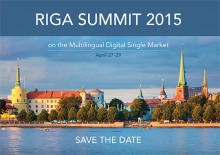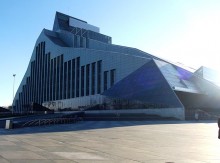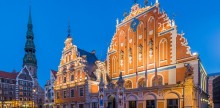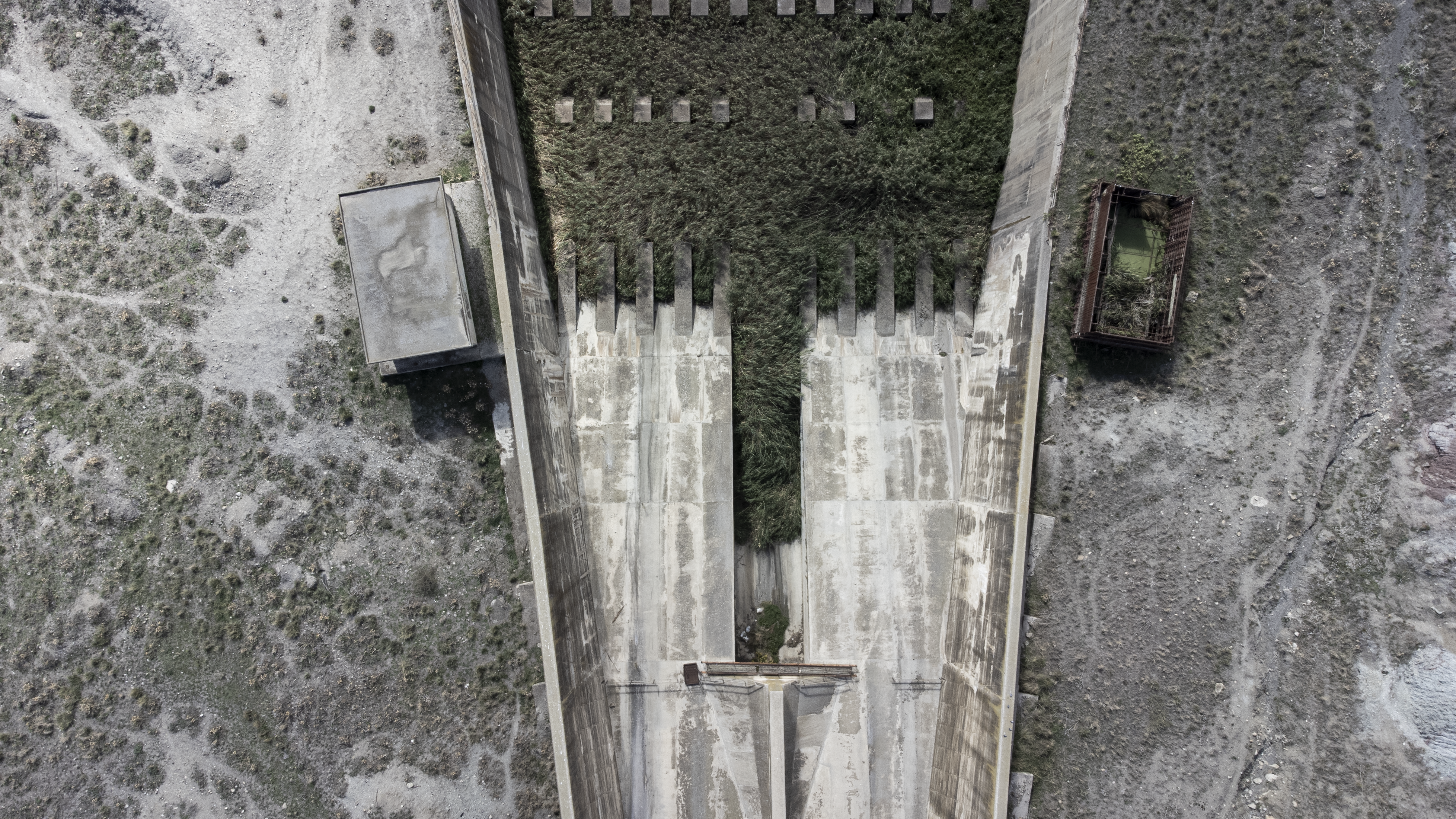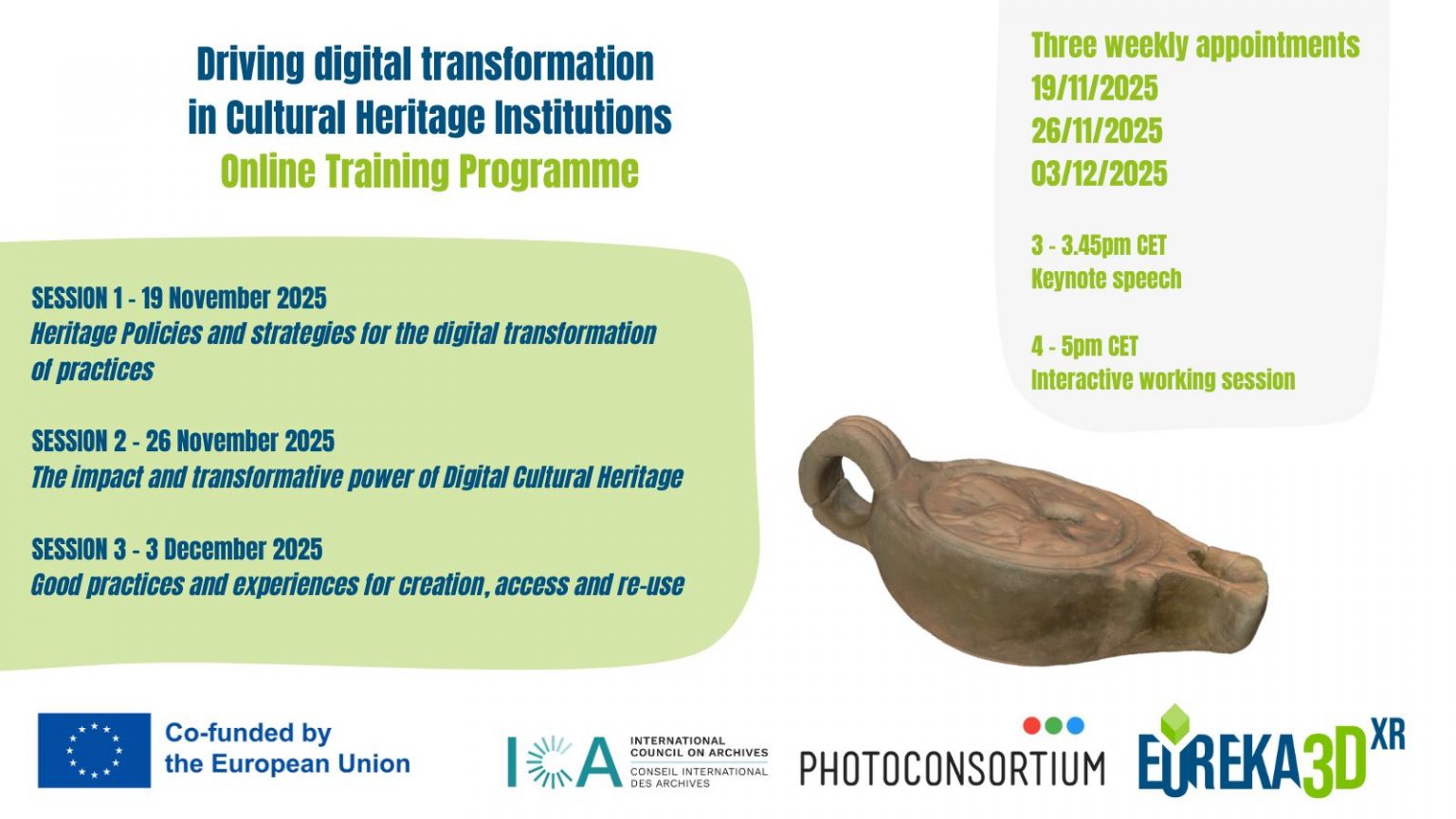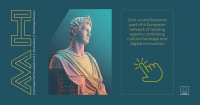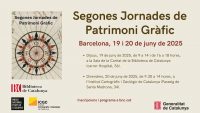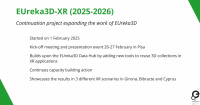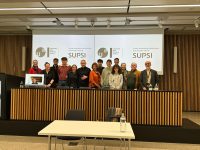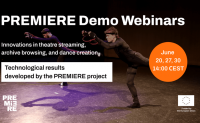The Riga Summit will gather government officials, business leaders, technology developers, and language researchers, who will forge a unified vision for the multilingual digital single market.
At the event, stakeholders will work together to develop a combined strategy, identify goals, establish partnerships, and initiate concrete actions to bring about the vision of a digital single market without language barriers.
Besides a high-level plenary, the Riga Summit will consist of multiple workshops, roundtables, and technology showcases. The event will be hosted in Riga, Latvia, as part of the 2015 Presidency of the Council of the European Union.
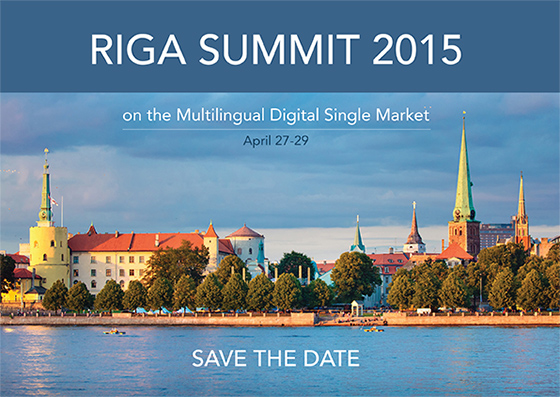
Day 1 – META-FORUM 2015
META-FORUM 2015 is an international conference on powerful and innovative language technologies for the multilingual information society, the data value chain and the information market place. The two special themes of META-FORUM 2015 are Multilingual Technologies for the Digital Single Market and Language Technologies for the Big Data Challenge. A brief summary of the programme is available at http://www.meta-forum.eu. The online registration for META-FORUM 2015 is open as usual, participation is free of charge.
Day 2 – Main Conference
- Presentations from industry and public sector
- Keynote speeches
- Plenary session
- Start-up pitch event
- Technology exhibitions
- Roundtable discussions
Day 3 – Main Conference – MultilingualWeb
W3C announced today the 8th MultilingualWeb workshop in a series of events exploring the mechanisms and processes needed to ensure that the World Wide Web lives up to its potential around the world and across barriers of language and culture. The workshop brings together participants interested in the best practices and standards needed to help content creators, localizers, language tools developers, and others meet the challenges of the multilingual Web. It provides further opportunities for networking across communities.
To sign up for news and registration information, please visit the Riga Summit website: www.rigasummit2015.eu.


